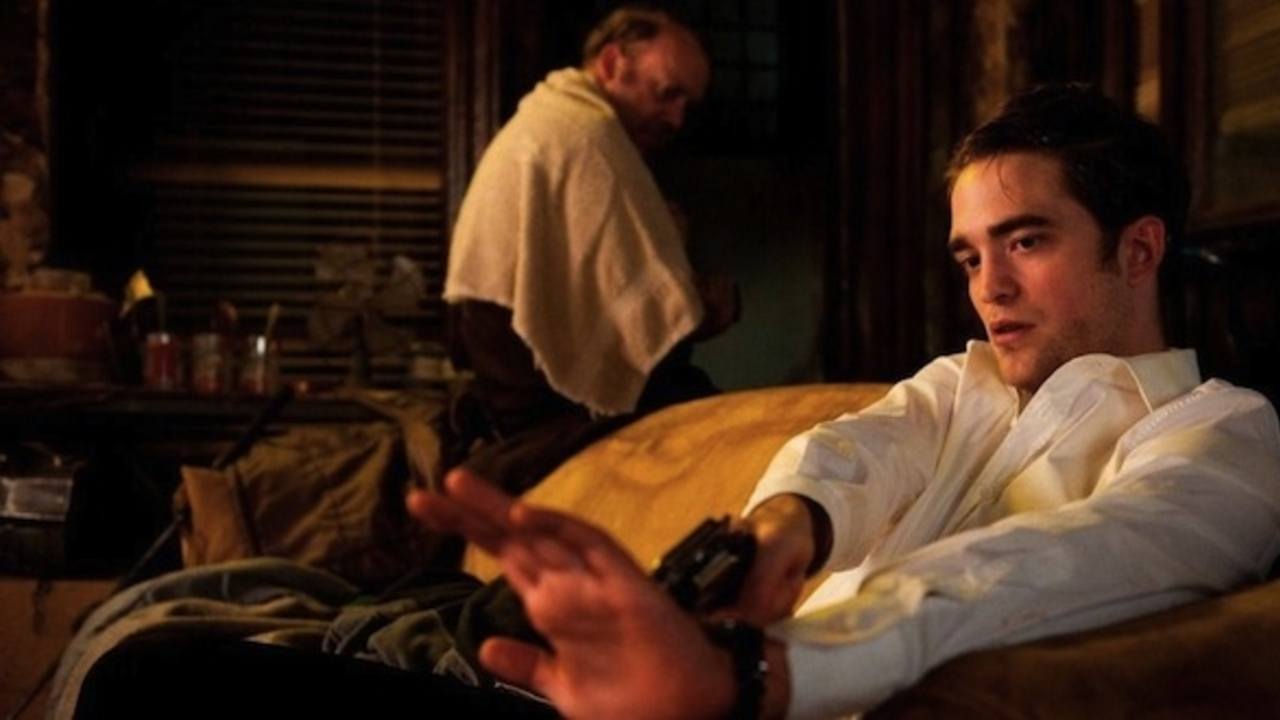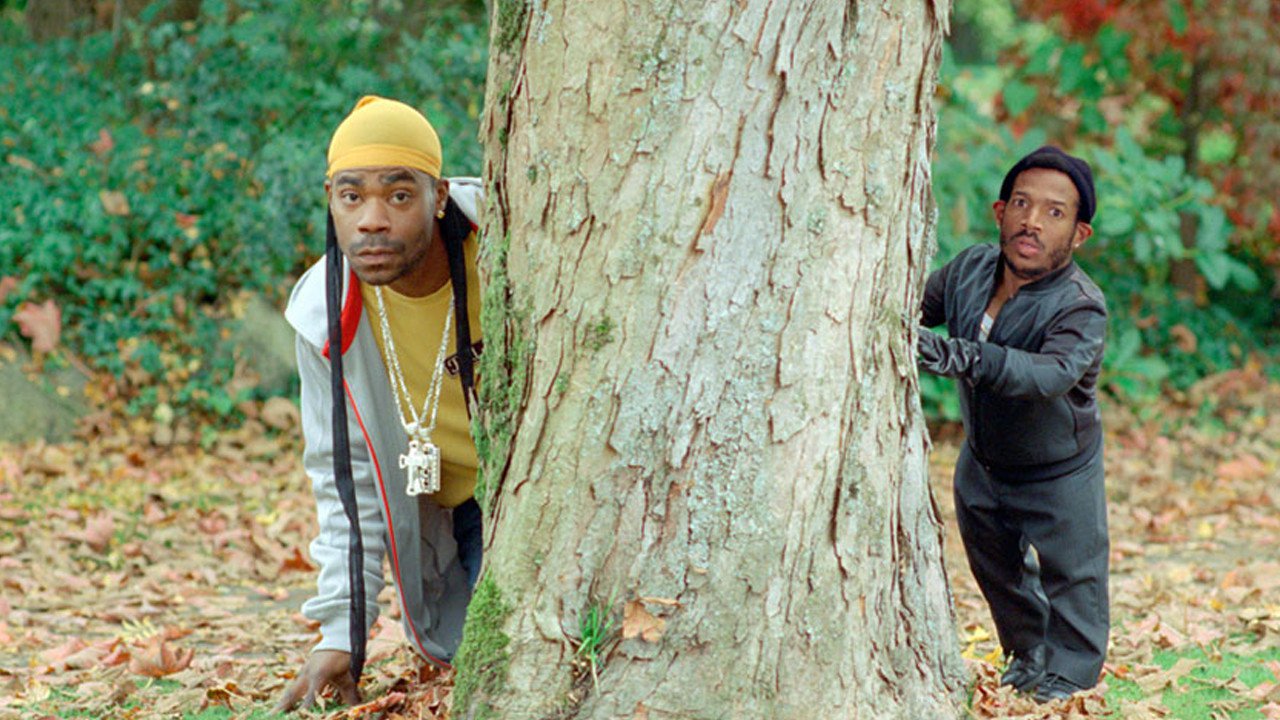Much has been made of the unconventional, even “game-changing” financing model that Steven Soderbergh employed to get his new Logan Lucky out to the world. And much more will be written about whether or not it “worked,” whether its success revolutionized the film industry — saving the mid-budget movie by wresting profits and control from the suits and placing them back in the hands of the creators — or if its failure spells doom for the model.
August 2017
“All this optimism, all this booming and soaring… Things happen like (snap) bang, this and that, simultaneous. I put out my hand, and what do I feel?” Jay Baruchel delivers these lines at the beginning of Cosmopolis, and it prepares the viewer for what will follow.
Ah, the week of August 6th through 12th, the glory days of film-streaming in our new economy that is working out terrifically. What have you got for me, corporate overlords?
Netflix is very proud, I assume, to announce its quadruple punch of Black Site Delta, Diary of an Exorcist – Zero, Naked, and White Gold, which sounds like a terrible, kind of sticky evening at a Manhattan cinemateque circa 1977.
Christopher Nolan is known, celebrated, and critiqued for two things: rigid attention to the clockwork nature of his spectacles, and a particular coldness to character. In Dunkirk, he splits the difference.
From Memento on, Nolan’s films seem much more enamored of mindfuck narrative structures than the people who populate them.
In a rather hilarious reflection on Josef von Sternberg’s The Scarlet Empress, the sixth of his seven films starring Marlene Dietrich, historian Alex von Tunzelmann is unimpressed with the history on display.
The reign of Empress Elizabeth (1741-1762) didn’t include nearly so much torture as the first few frames of The Scarlet Empress would indicate, and the Iron Maiden wasn’t even invented for another 100 years!





